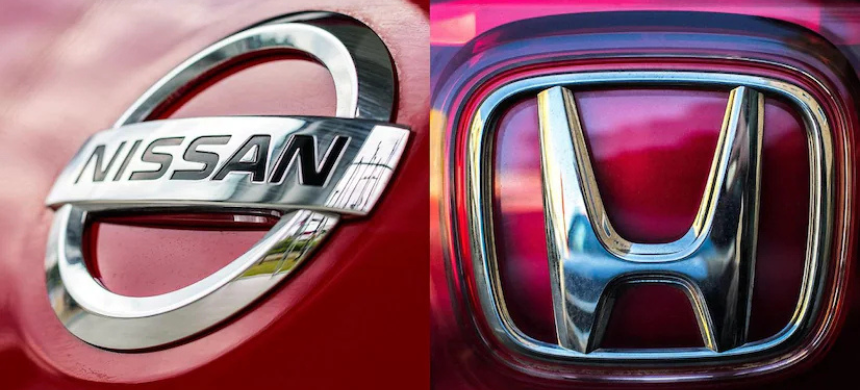Honda-Nissan Merger Talks Collapse Over Leadership Disputes
Merger discussions between Honda and Nissan have fallen apart after the two Japanese automakers failed to reach an agreement on key terms of a $60 billion (£48 billion) deal.
The proposed merger aimed to strengthen both companies against rising competition from Chinese electric vehicle (EV) manufacturers. However, despite initial optimism, fundamental disagreements led to the collapse of negotiations.
Read More: JAC T9 Hunter Updated Price and Booking Details
Why Did the Deal Fail?
The Honda-Nissan merger would have created the world’s fourth-largest auto group after Toyota, Volkswagen, and Hyundai. However, major sticking points derailed the talks:
- Leadership Disputes: Honda, in a stronger financial position, wanted to lead the partnership, while Nissan sought equal standing.
- Nissan’s Resistance: Struggling with financial instability, Nissan opposed being treated as a subsidiary rather than an equal partner.
- Corporate Culture Clashes: Deep-rooted corporate and cultural power struggles within Japan’s auto industry made negotiations difficult.
Industry analyst Karl Brauer noted, “Plenty of automotive mergers have not worked out, and this one had as much potential for disaster as it did to help both brands.”
Nissan’s Struggles and Future Prospects
For Nissan, this failed merger is another setback. The company has been struggling since the leadership crisis involving former CEO Carlos Ghosn, who fled Japan in 2018 amid financial misconduct allegations.
In recent years, Nissan has faced declining sales, cost-cutting measures, and mass layoffs. However, a potential investor has emerged—Taiwan’s Foxconn, a leading tech giant, has expressed interest in acquiring Nissan shares.
Meanwhile, Renault, which holds a 36% stake in Nissan, labeled the merger terms as “unacceptable” and could still play a significant role in shaping Nissan’s next moves.
What’s Next?
The global auto market remains uncertain, with China’s EV dominance, potential U.S. tariffs, and supply chain disruptions adding to the pressure.
- Honda will continue its independent EV strategy.
- Nissan must explore alternative partnerships or investments to stabilize its future.
With competition intensifying, both companies face critical challenges in the rapidly evolving automotive industry.











